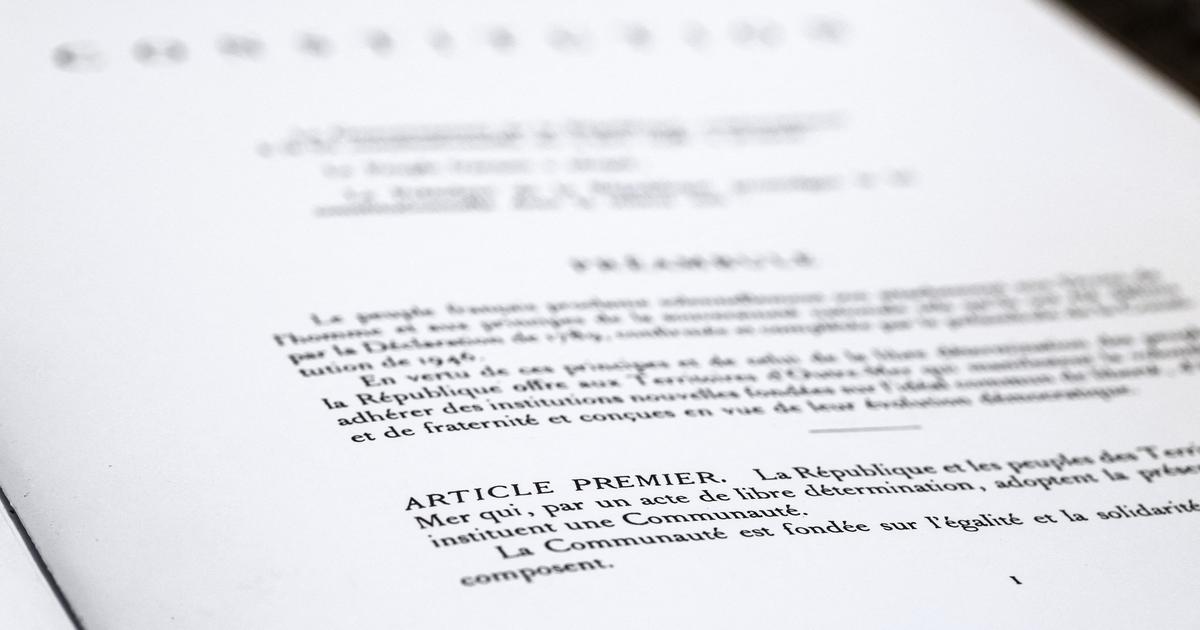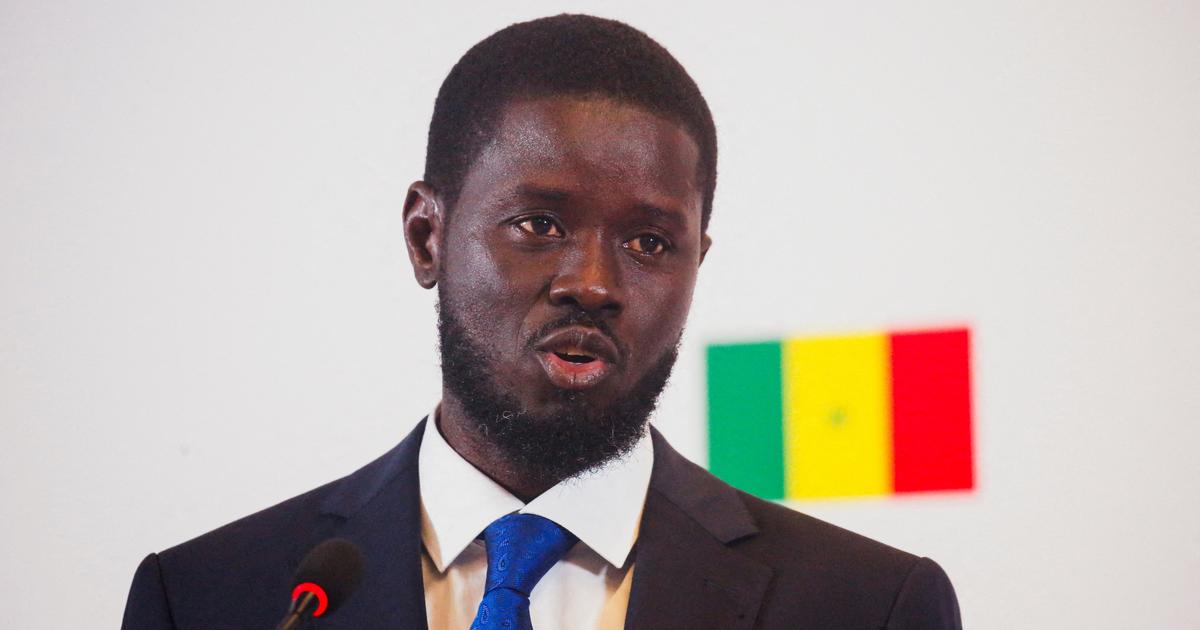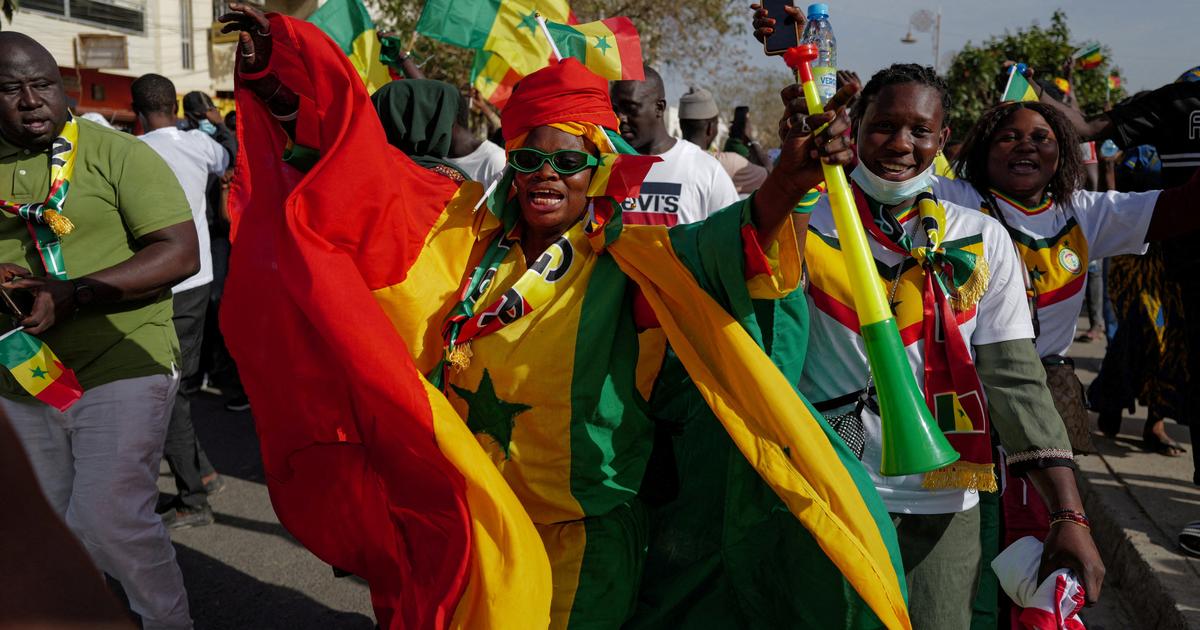The four new magistrates of the Constitutional Court are sworn in with the King on December 31. Ballesteros (EL PAÍS)
The four new Constitutional magistrates take office this Monday in an act that will mark the beginning of a stage in which the court will have a clear majority of the progressive sector —made up of seven magistrates, four conservatives—, but still with important uncertainties, such as who will occupy the presidency.
Two magistrates from the new majority group, Cándido Conde-Pumpido and María Luisa Balaguer, have shown their interest in running for office, and the 11 members of the plenary will decide.
In principle, there is no deadline to hold that plenary session.
After the inauguration of the four new magistrates —Juan Carlos Campo and Laura Díez, appointed by the Government, and María Luisa Segoviano and César Tolosa, appointed by the General Council of the Judiciary—, the presidency remains temporarily in the hands of the senior magistrate.
In this case, it is Ricardo Enríquez, belonging to the conservative sector and in charge as transitional president of calling the first plenary session.
The objective is for the new stage to start quickly, and that in that first plenary session the mystery about the identity of the new president is resolved, a fact that will mark the next two and a half years of the life of the Constitutional Court.
More information
Bolaños demands that Feijóo "exercise his leadership" and sign the agreement they agreed to renew the Judiciary
The main organizational powers of the court reside in the presidency, such as the preparation of the agenda of the plenary sessions and, therefore, the decision of what is submitted to deliberation to pass sentence and what remains awaiting further maturation to achieve failures with high consensus and avoid internal fractures.
In recent years, divisions have appeared frequently, because the discrepancies between conservatives and progressives crystallized into irreconcilable positions on numerous occasions, including the rulings that annulled the state of alarm decrees to deal with the pandemic.
Conde-Pumpido and Balaguer reach this final stretch to try to access the presidency as members of the group of magistrates who are in the last three years of their nine-year term.
An unwritten law and the result of tradition leads to the new president emerging from that group, now made up of three members of the court: the two mentioned, plus the conservative Ricardo Enríquez.
Whether the new president is Conde-Pumpido or Balaguer, Enríquez will probably be the vice president.
The reason is that another norm of the same unwritten law provides that if the president is a progressive, the vice president will be from the conservative group, and vice versa.
If the two candidates from the progressive sector maintain their candidacy, the consequence will be that the group will have divided in the first vote of the new stage, the one that decides who presides over the court.
Balaguer has received in recent months support from conservative magistrates, who will now add the aforementioned four votes.
Therefore, he will need at least two more to become president.
One would be his, but another would necessarily have to come from the progressive sector.
In the media of the court itself, there has been speculation about the possibility that this vote comes from magistrate María Luisa Segoviano, partly due to her coincidence with Balaguer's points of view on relevant issues, such as the need for a progressive incorporation of the perspective of gender in the Constitutional doctrine.
The same sources estimate that Conde-Pumpido has the support of the magistrates Ramón Sáez and Inmaculada Montalbán —incorporated to the court in November 2021—, as well as the new members of the Constitutional Court Juan Carlos Campo and Laura Díez, all of them from the progressive sector. .
Segoviano's vote, therefore, may be decisive for the election of president of the guarantee body.
Segoviano, a former Supreme Court magistrate, has not yet publicly opted for either of the two candidates, but last Monday she gave some clues in statements to Onda Cero.
She said that it is important "to iron out differences between the members that make up the court, to try to bring positions closer together, to be able at a certain moment to calm things down and smooth things over," because "this is very important when it comes to making the court work." .
And she added that until tomorrow she will not be able to take "the pulse" of the Constitutional Court, when she takes office, and speak with the other magistrates to find out "the plan or forecast that each of the applicants may have."
This is, in fact, the theoretical situation of the 11 members of the guarantee body.
All have said to reserve the meaning of their decision until the court is made up of its new members.
After the act of inauguration, tomorrow, the magistrates will have a brief period, which can be a single day, in order to exchange consultations, and immediately hold the plenary session to appoint president, and vice president.
In this climate of prudence and waiting, what has most surprised both the magistrates of the conservative bloc and those of the progressive group has been that, when asked if the Constitution allows the exercise of the right to self-determination to the different territories that make up Spain, Segoviano stated in the aforementioned interview that "it is a complex issue, with many edges" that when the time comes it should be "studied".
In both sectors, it has called attention to enter into anticipatory considerations that can feed the thesis that scenarios of concessions to the pro-independence proposals are being prepared.
The relevance of Segoviano's vote is, in any case, a key piece of information to understand the reasons why the conservative sector of the General Council of the Judiciary so vehemently opposed magistrate José Manuel Bandrés as the progressive group's candidate.
Both in the Council and in the Constitutional Council it was taken for granted that Bandrés would support the candidacy of Conde-Pumpido for the presidency of the guarantee body.
The conservatives, in turn, vetoed said magistrate, proposing other alternatives, with which they managed to get the progressives to agree to give up their main candidate so that the blockade of the Constitutional Court would not continue to be prolonged.
new tensions
This negotiation has taken place in parallel to the outbreak of new tensions and internal confrontations in the court, caused by the order that paralyzed, at the request of the PP, the processing of the amendments of the PSOE and Unidas Podemos to the law that pursued, among other objectives, facilitate the unblocking of the Constitutional itself.
Said order was issued with the support of the six conservative magistrates who have formed the majority block in the court until its current renewal.
In turn, the five members of the hitherto minority progressive sector released very critical dissenting votes, in which the members of the conservative group were accused of interfering in parliamentary life, exceeding their functions and putting the balance at risk. of the system.









